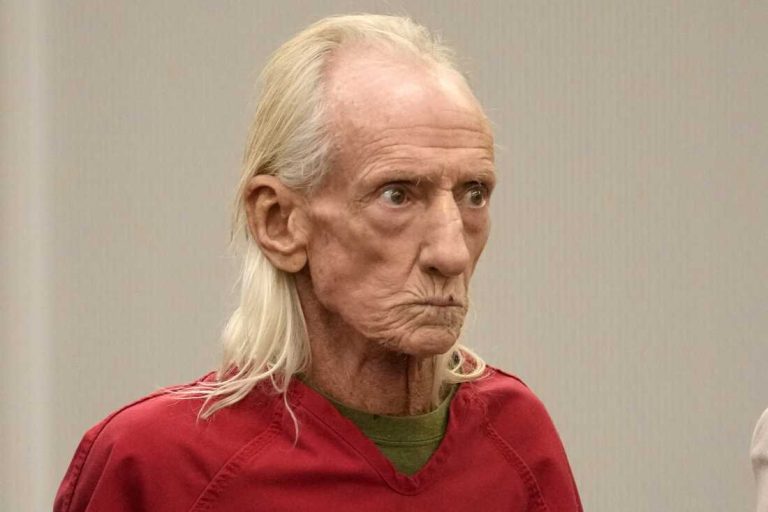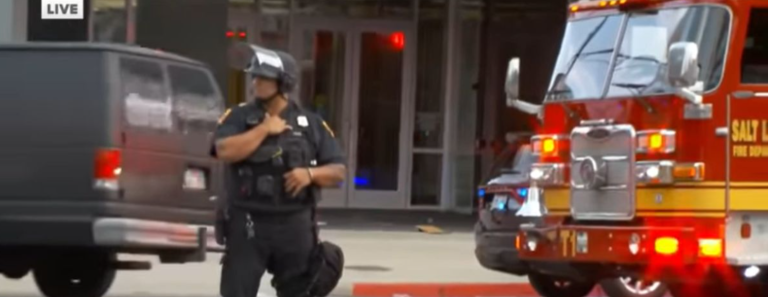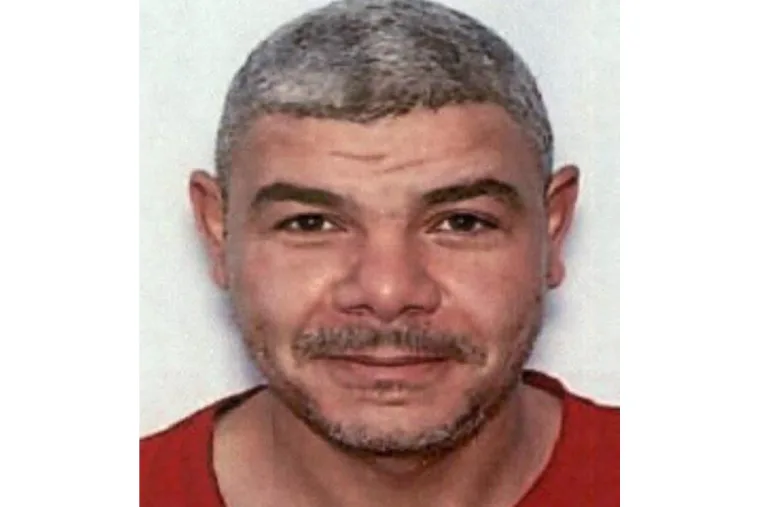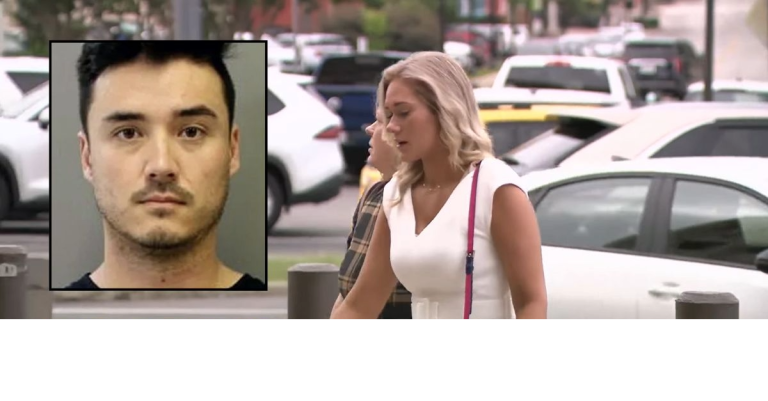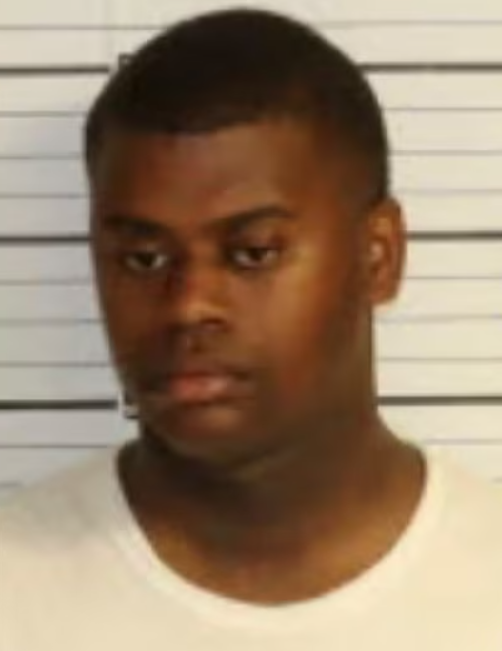Justice Denied: The Shocking Acquittal of Three Memphis Officers in Tyre Nichols’ Beating
Wednesday witnessed a Tennessee jury acquiting three of the then-former Memphis police officers – Tadarrius Bean, Demetrius Haley, and Justin Smith of all the charges laid against them by the state, including second-degree murder, on their role in the death of Tyre Nichols. Nichols was a 29-year-old FedEx worker and budding photographer who perished on January 7, 2023, after suffering a brutal scuffle with officers after police had pulled him over for a traffic violation. The acquittal has sent the country into shock and once again put in the spotlight the age-old issue of police brutality and reluctance to prosecute police brutality cases.
The nine-day trial included graphic video testimony, expert witness, and eyewitness testimony of the beating. Despite the gruesome evidence, the jury deliberated for eight hours before the verdict was delivered. The verdict once again brought the issue of police brutality in America to the center stage with everybody blaming the judiciary for not being prepared to hold police, black or white depending on the case, accountable for their crimes.
The trial was conducted in a Memphis courtroom in front of Criminal Judge James Jones, Jr. The jury included members from the surrounding Hamilton County and was comprised of whites out of fear of pretrial publicity in Memphis. As the public and Nichols’ family held their breath for the verdict in the trial, expectations were high for awaiting officers who had taken part in the fatal beating to be indicted.
The officers Bean, Haley, and Smith had been charged with a series of offenses such as second-degree murder, aggravated assault, aggravated kidnapping, official misconduct, and official oppression. They were due to their role in the unjustified and brutal attack on Nichols, who, by the evidence in videos and from eyewitnesses, was never threatening the officers to begin with. Former officer Desmond Mills Jr.’s testimony, who pleaded to federal charges, provided the key information on what happened the night of the encounter. Mills admitted under oath to striking Nichols repeatedly in anger after accidentally pepper-spraying himself during the encounter. Nichols never struck or kicked the officers and his struggle did not merit the use of excessive force, Mills admitted.
Evidence for the prosecution was a vivid and gruesome recitation of what had been perpetrated against Nichols right up to death. Evidence by testimony of Dr. Marco Ross, pathologist, corroborated evidence that damage to Nichols is consistent with blunt trauma force and bruising everywhere on the body, neck fracture, and intracranial bleeding within the brain. The kind of trauma would be usual for punches and kicks given over and over as given on Nichols while being kept on the floor.
In emotional testimony, Nichols’ mother, Row Vaughn Wells, characterized her son as a “peaceful soul” with interests in photography and skateboarding. Wells summarily rejected the defense’s contention, which cast Nichols’ fight as justification for the brutality crime by the officers, by stating, “He was scared. They treated him like an animal.”
The defense did try to put blame on Nichols, but contended that his dash runs from the time he left the scene necessitated the officers being more aggressive. They also surmised that perhaps Nichols’ actions are due to drug use, although toxicology tests only revealed alcohol and trace levels of marijuana. Use-of-force witnesses were also summoned by the defense to offer the officers’ testimony that they were within department policy and in reasonable apprehension of being attacked by an armed suspect. But those were rebuffed because the extremely criticized arguments they were, particularly in the context of the open and flagrant display of the use of excessive force.
Witnesses to the real attack, bystanders and members of Nichols’ family included, testified to witnessing the gruesome sight of Nichols battered for three minutes as he lay pinned on the ground. The most gruesome on-camera moments were when Demetrius Haley was yelling, “Beat that man!” as Nichols was being battered. The police officers spent their time for 22 minutes before attending to Nichols after he had fainted on the back of a police cruiser.
It was placed in a dramatic timeline of events whereby Bean and Smith were convicted on federal charges of forgery of the incident reports. This syndrome of cover-up is not novel in police brutality cases because the officers will cover themselves, and even others, from accountability.
Although acquitted in state court, the three officers were later convicted at federal court of beating and cover-up. Haley was convicted on multiple counts of excessive use of force and conspiracy to tamper with witnesses, and Bean and Smith were convicted of witness tampering. Convictions at the federal level are severe in punishment because Haley could spend the rest of her life in prison without parole. Sentencing in the federal case is also expected to be concluded within the near future.
The state trial ruling has been denounced by civil rights lawyers and activists as the worst case of the failure of the justice system to deliver justice to victims of police brutality. The family’s lawyer, Ben Crump, called the ruling “a heartbreaking miscarriage of justice.” Crump added that the world witnessed on tape how Nichols was beaten up brutally and police officers who murdered him were acquitted.
Following the verdict, the Nichols family sued officers, Memphis, and police chief in a civil lawsuit. The lawsuit is asking for $550 million in damages and will be heard at trial next year. Riots broke out in Memphis and across the country as people were upset with what they believe is the system continuing to cover for police officers for violent abuse of power.
Their state court acquittal, despite their federal convictions and incriminating video testimony, is only to reestablish that the American judicial system is still far too prone to being used as a shield by police officers against being held accountable for their conduct. The case is the standard in a rampage-amok case against the police, the bare minimum of all the culture of impunity and unwillingness on the part of the justice system to prosecute the officers themselves for abuse of authority. The Nichols case is one in a series of tragic incidents raising some very serious questions regarding police accountability, use of force, and pursuit of justice in America.


